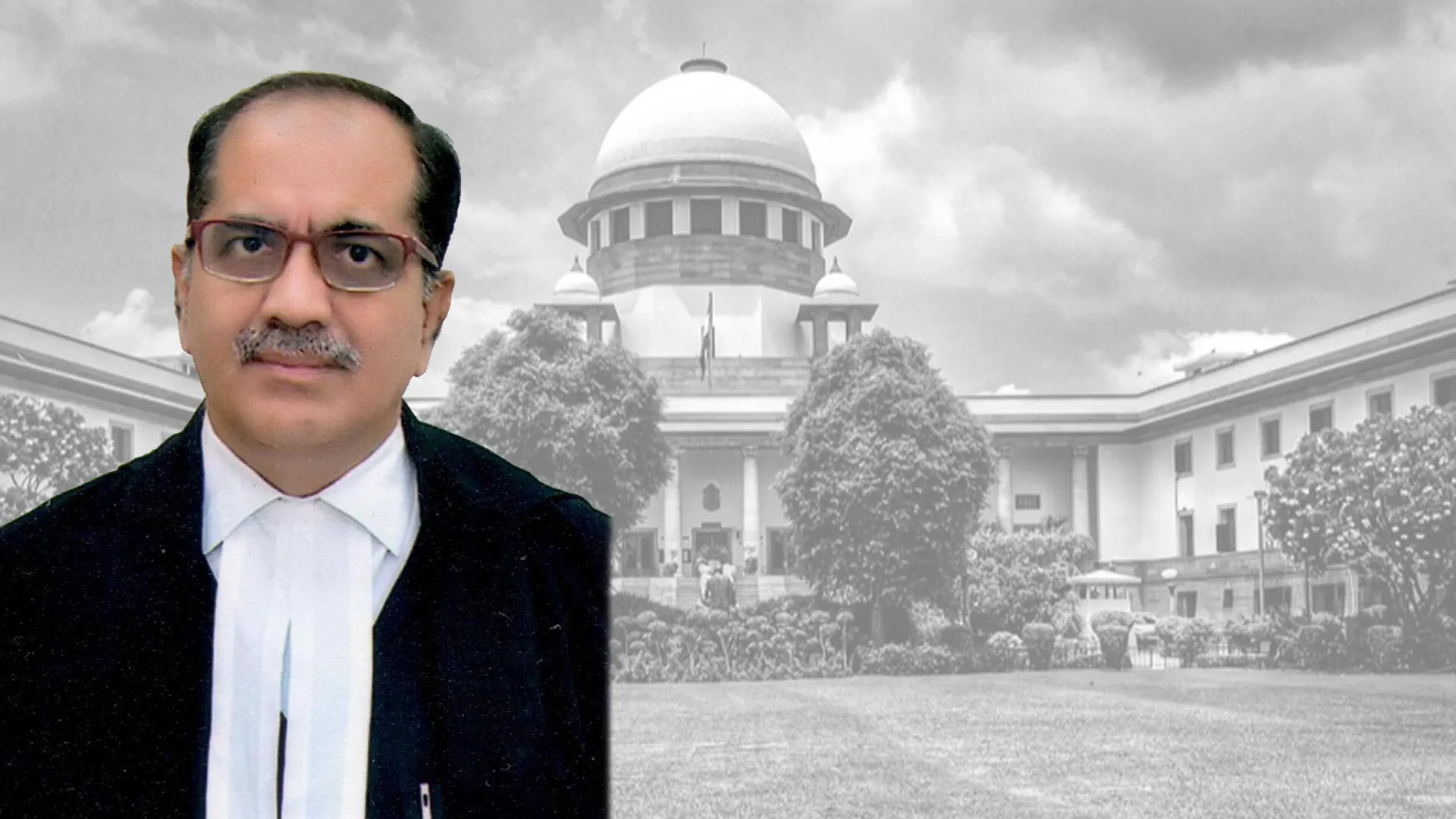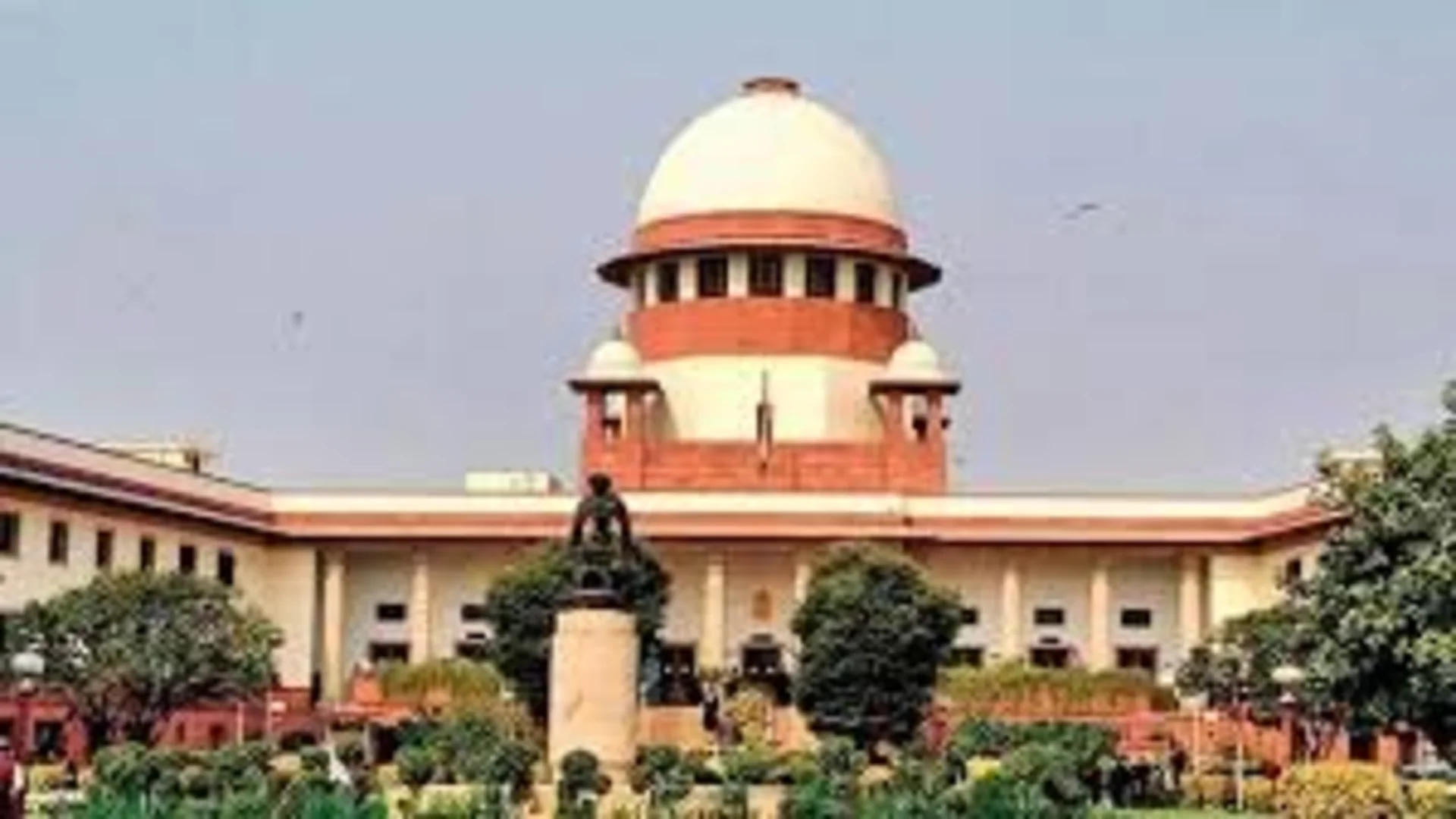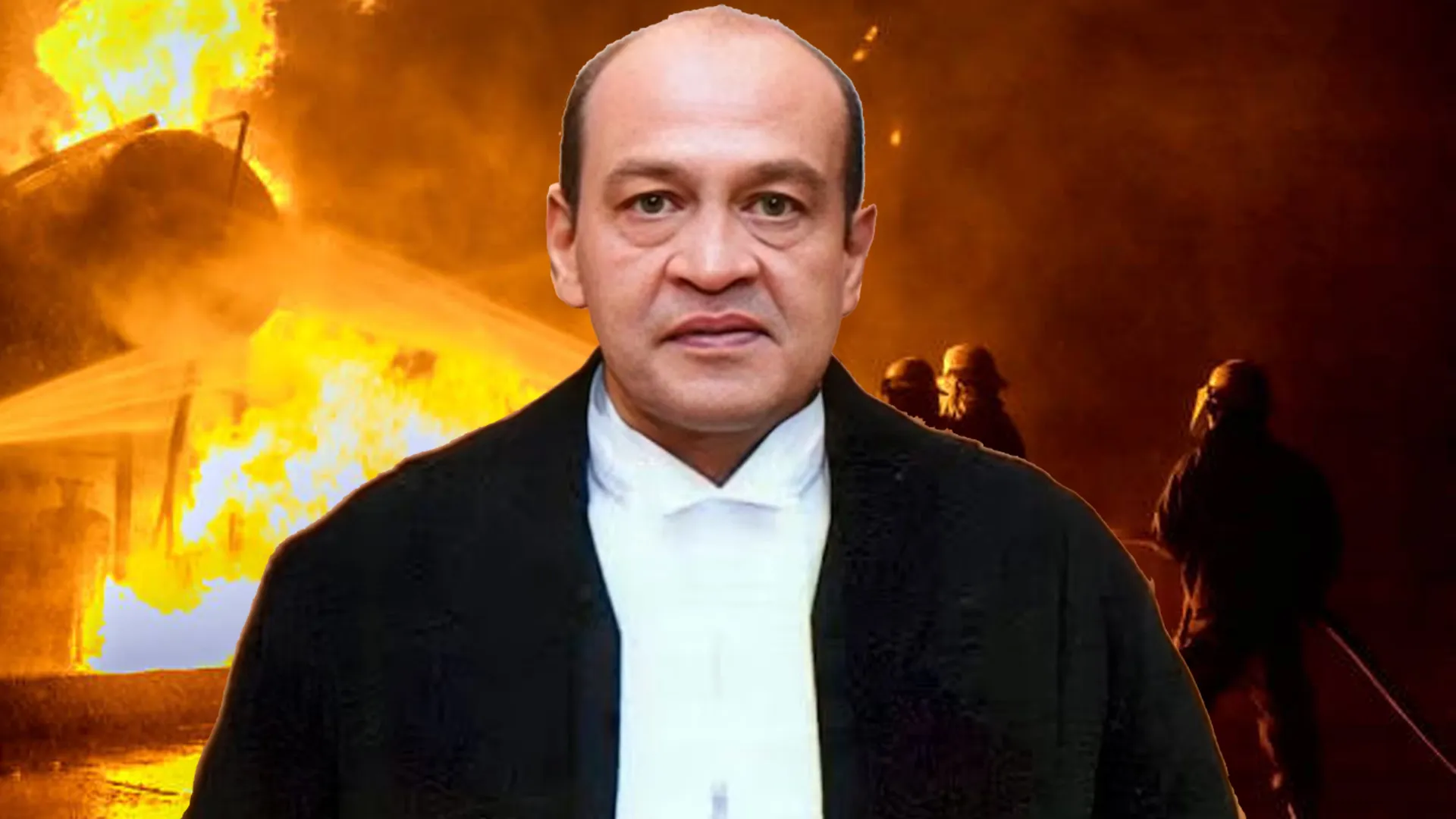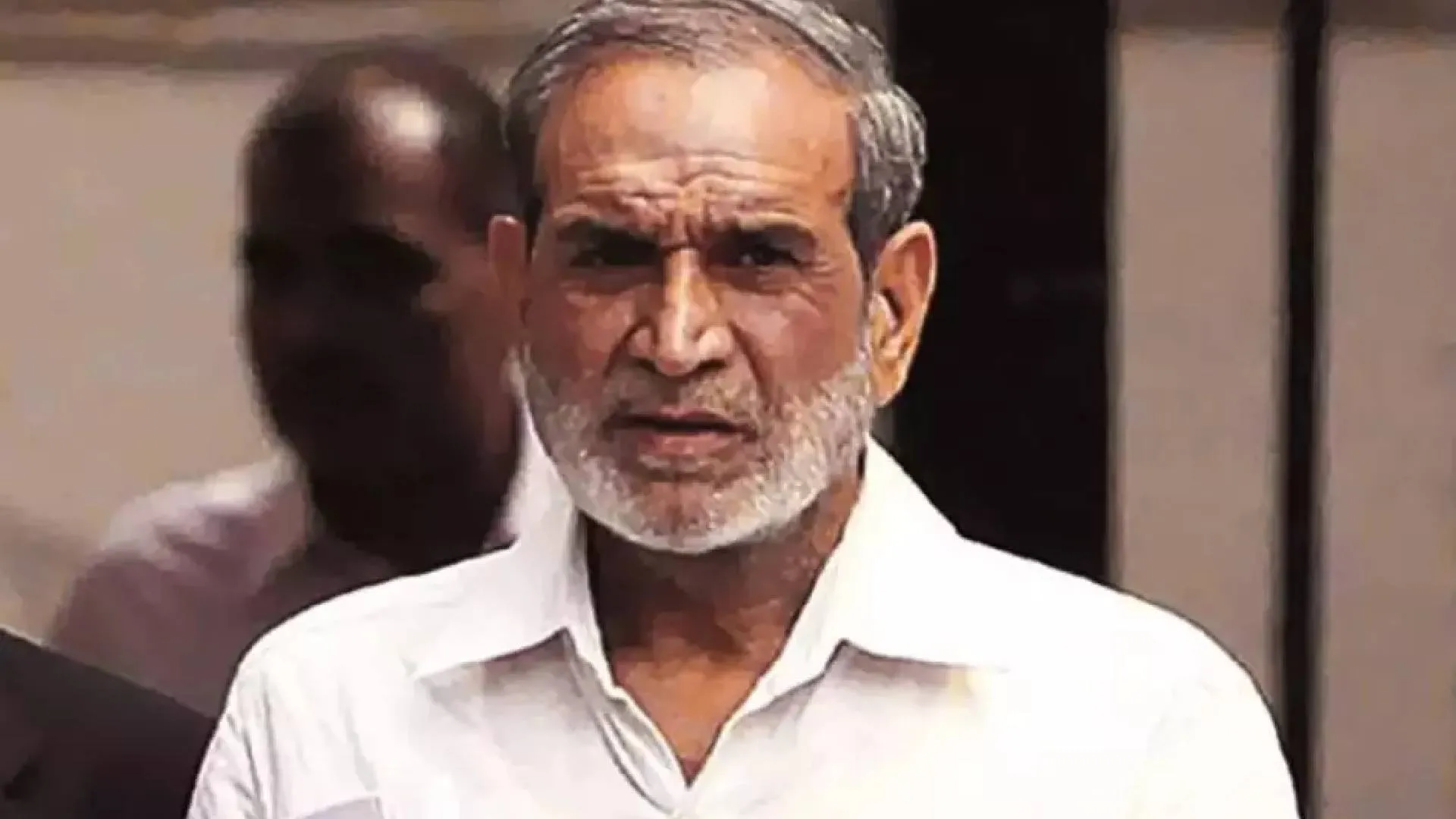In a cogent, convincing, commendable, courageous and composed judgment titled N Jayasree & Ors vs Cholamandalam Ms General Insurance Company Ltd in Civil Appeal No. 6451 of 2021 (Arising out of S.L.P. (C) No. 14558 of 2019) in exercise of its civil appellate jurisdiction delivered most recently on October 25, 2021 has minced no words to observe that a motor accident claim petition filed by mother in law who was dependent on her deceased son in law is maintainable. We saw earlier how in this very noteworthy case, the Kerala High Court had ruled that mother in law of the deceased is not a legal representative under Section 166 of MV Act and thus not entitled to maintain the claim petition. While overruling what was held by the Kerala High Court and holding that she is a “legal representative” under Section 166 of the Motor Vehicles Act, the Bench of Apex Court comprising of Justice S Abdul Nazeer and Justice Krishna Murari observed quite rightly and candidly that, “It is not uncommon in Indian Society for the mother-in-law to live with her daughter and son-in-law during her old age and be dependent upon her son-in-law for her maintenance.”
To start with, this judgment authored by Justice S Abdul Nazeer for himself and Justice Krishna Murari sets the ball in motion by first and foremost putting forth in para 2 that, “This appeal is directed against the judgment dated 09.08.2017 passed by the High Court of Kerala at Ernakulam in MACA No. 1560 of 2013. Through the impugned judgment, the High Court scaled down the amount of compensation payable to the present appellants and thereby modified the award dated 26.04.2013 passed by the Motor Accident Claims Tribunal, Kottayam (for short ‘MACT’) in OP(MV) No. 843 of 2011.”
As we see, the Bench then discloses in para 3 that, “The appellants filed the aforesaid claim petition before the MACT seeking compensation on account of the death of N Venugopalan Nair in a motor vehicle accident which occurred on 20.06.2011. Appellant no. 1 is the wife of the deceased, appellant nos. 2 and 3 are his daughters and appellant no. 4 is his mother-in-law.”
To be sure, the Bench then states in para 4 that, “There is no dispute as to the occurrence of the accident and the liability of the respondent-insurer to pay the compensation. In view of this admitted position, it is unnecessary to narrate the factual aspects of the accident.”
Briefly stated, the crux of para 5 is that, “The deceased was aged 52 years at the time of the accident. The MACT took the annual salary of the deceased as Rs. 8,87,148. To this, the MACT applied a multiplier of ‘11’ and deducted one-fourth (1/4th) of the income towards his personal expenses for the purpose of calculation of the compensation under the head of loss of dependency. A total sum of Rs. 73,18,971/ (Rupees seventy three lakhs eighteen thousand nine hundred seventy one only) was awarded towards loss of dependency. The MACT awarded a total sum of Rs. 74,50,971/ (Rupees seventy-four lakhs fifty thousand nine hundred seventy one only) towards compensation with interest @ 7.5 percent per annum from the date of the claim petition till the date of realization.”
To put things in perspective, the Bench then discloses in para 6 that, “However, the High Court held that appellant no. 4 was not a legal representative of the deceased. Further, the High Court held that the MACT ought to have applied split multiplier for the assessment of the dependency compensation. The High Court fixed monthly income of the deceased as Rs. 40,000/ (Rupees forty thousand only) and deducted one-third (1/3rd) of the income towards his personal expenses. It applied multiplier ‘7’ for calculating dependency compensation for the post-retiral period and, for the pre-retirement period, a multiplier of ‘4’ was applied. Accordingly, the High Court awarded compensation of Rs. 23,65,728/ (Rupees twenty-three lakhs sixty-five thousand seven hundred twenty-eight only), towards loss of dependency for pre-retiral period and a sum of Rs. 22,40,000/ (Rupees twenty-two lakhs forty thousand only) towards loss of dependency for post-retiral period. A sum of Rs. 1,00,000/ (Rupees one lakh only) was awarded towards loss of consortium, Rs. 25,000/ (Rupees twenty-five thousand only) towards funeral expenses, and Rs. 80,000/ (Rupees eighty thousand only) towards loss of love and affection. In total, a sum of Rs. 48,39,728/ (Rupees forty-eight lakhs thirty-nine thousand seven hundred twenty-eight only) was awarded as compensation by the High Court.”
Quite significantly, the Bench then hastens to add in para 10 that, “The provisions of the Motor Vehicles Act, 1988 (for short, “MV Act”) gives paramount importance to the concept of ‘just and fair’ compensation. It is a beneficial legislation which has been framed with the object of providing relief to the victims or their families. Section 168 of the MV Act deals with the concept of ‘just compensation’ which ought to be determined on the foundation of fairness, reasonableness and equitability. Although such determination can never be arithmetically exact or perfect, an endeavor should be made by the Court to award just and fair compensation irrespective of the amount claimed by the applicant/s. In Sarla Verma (Smt.) and Ors. vs. Delhi Transport Corporation and Anr. (2009) 6 SCC 121, this Court has laid down as under:
“16. … “Just compensation” is adequate compensation which is fair and equitable, on the facts and circumstances of the case, to make good the loss suffered as a result of the wrong, as far as money can do so, by applying the well-settled principles relating to award of compensation. It is not intended to be a bonanza, largesse or source of profit.”
It is worth noting that the Bench then observes in para 14 that, “The MV Act does not define the term ‘legal representative’. Generally, ‘legal representative’ means a person who in law represents the estate of the deceased person and includes any person or persons in whom legal right to receive compensatory benefit vests. A ‘legal representative’ may also include any person who intermeddles with the estate of the deceased. Such person does not necessarily have to be a legal heir. Legal heirs are the persons who are entitled to inherit the surviving estate of the deceased. A legal heir may also be a legal representative.”
More specifically, the Bench then adds in para 15 that, “Indicatively for the present inquiry, the Kerala Motor Vehicle Rules, 1989, defines the term ‘legal representative’ as under:
“Legal Representative” means a person who in law is entitled to inherit the estate of the deceased if he had left any estate at the time of his death and also includes any legal heir of the deceased and the executor or administrator of the estate of the deceased.”
What’s more, the Bench then concedes in para 17 that, “It is settled that percentage of deduction for personal expenses cannot be governed by a rigid rule or formula of universal application. It also does not depend upon the basis of relationship of the claimant with the deceased. In some cases, the father may have his own income and thus will not be considered as dependent. Sometimes, brothers and sisters will not be considered as dependents because they may either be independent or earning or married or be dependent on the father. The percentage of deduction for personal expenditure, thus, depends upon the facts and circumstances of each case.”
Broadly speaking, the Bench then envisages in para 16 that, “In our view, the term ‘legal representative’ should be given a wider interpretation for the purpose of Chapter XII of MV Act and it should not be confined only to mean the spouse, parents and children of the deceased. As noticed above, MV Act is a benevolent legislation enacted for the object of providing monetary relief to the victims or their families. Therefore, the MV Act calls for a liberal and wider interpretation to serve the real purpose underlying the enactment and fulfil its legislative intent. We are also of the view that in order to maintain a claim petition, it is sufficient for the claimant to establish his loss of dependency. Section 166 of the MV Act makes it clear that every legal representative who suffers on account of the death of a person in a motor vehicle accident should have a remedy for realization of compensation.”
Most commendably and also most significantly, the Bench then could not refrain itself from holding in para 21 that, “Coming to the facts of the present case, the fourth appellant was the mother-in-law of the deceased. Materials on record clearly establish that she was residing with the deceased and his family members. She was dependent on him for her shelter and maintenance. It is not uncommon in Indian Society for the mother-in-law to live with her daughter and son-in-law during her old age and be dependent upon her son-in-law for her maintenance. Appellant no. 4 herein may not be a legal heir of the deceased, but she certainly suffered on account of his death. Therefore, we have no hesitation to hold that she is a “legal representative” under Section 166 of the MV Act and is entitled to maintain a claim petition.”
In conclusion, we saw how aptly the Apex Court also ably cited the earlier judgments in Hafizum Begum (Mrs) vs Mohd. Ikram Heque (2007) 10 SCC 715 and Gujarat State Road Transport Corporation Ahmedabad vs Ramanbhai Prabhatbhai (1987) 3 SCC 234 and Montford Brothers of St Gabriel and Anr. vs United India Insurance (2014) 3 SCC 394 to put across what is held brilliantly in para 21. So we thus see that the Bench finally allowed the appeal. In other words, the claim of dependent mother-in-law who was dependent on her deceased son-in-law claim was upheld and thus she was held entitled to maintain motor accident claim petition. Very rightly so!
To put things in perspective, the Bench then discloses in para 6 that, “However, the High Court held that appellant no. 4 was not a legal representative of the deceased. Further, the High Court held that the MACT ought to have applied split multiplier for the assessment of the dependency compensation. The High Court fixed monthly income of the deceased as Rs. 40,000/ (Rupees forty thousand only) and deducted one-third (1/3rd) of the income towards his personal expenses. It applied multiplier ‘7’ for calculating dependency compensation for the post-retiral period and, for the pre-retirement period, a multiplier of ‘4’ was applied. Accordingly, the High Court awarded compensation of Rs. 23,65,728/ (Rupees twenty-three lakhs sixty-five thousand seven hundred twenty-eight only), towards loss of dependency for pre-retiral period and a sum of Rs. 22,40,000/ (Rupees twenty-two lakhs forty thousand only) towards loss of dependency for post-retiral period. A sum of Rs. 1,00,000/ (Rupees one lakh only) was awarded towards loss of consortium, Rs. 25,000/ (Rupees twenty-five thousand only) towards funeral expenses, and Rs. 80,000/ (Rupees eighty thousand only) towards loss of love and affection.”























